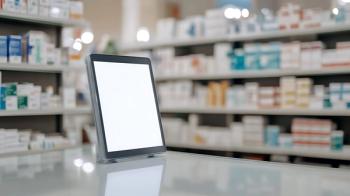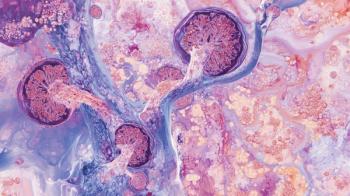
Students Face Challenges During Pandemic, But Experts Say ‘The Bar Has Not Been Lowered’
Pharmacy Times spoke with Lucinda Maine, PhD, RPh, CEO of the American Association of Colleges of Pharmacy (AACP), and Lynette Bradley-Baker, PhD CAE, senior vice president for strategic engagement at AACP.
Pharmacy Times® spoke with Lucinda Maine, PhD, RPh, CEO of the American Association of Colleges of Pharmacy (AACP), and Lynette Bradley-Baker, PhD CAE, senior vice president for strategic engagement at AACP, about how the coronavirus disease 2019 (COVID-19) pandemic has affected pharmacy schools and their students.
Students have faced major issues, including rapid shifts to online learning when the pandemic first emerged, changes in their campus housing situations, and the challenge of balancing work, school, and home responsibilities.
“I also think just the feelings that all of us are going through, living through this pandemic,” Bradley-Baker said. “Sometimes the feeling of hopelessness, the feeling of isolation, is something that not only our students, but our faculty, all of us have gone through.”
Despite these challenges, both Maine and Bradley-Baker said there is no quantitative evidence that pharmacy students’ educations have been negatively impacted. Maine noted that some students are struggling to schedule their licensure exams due to limitations on the testing sites but said that faculty and preceptors have worked hard to make sure the students are as prepared as possible.
“We have no quantitative evidence that there is a deficiency as a result of the pandemic, and I think the bar has not been lowered for those students entering practice in 2020 and beyond,” Maine said.
Newsletter
Stay informed on drug updates, treatment guidelines, and pharmacy practice trends—subscribe to Pharmacy Times for weekly clinical insights.


























